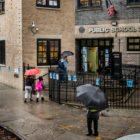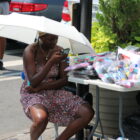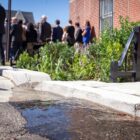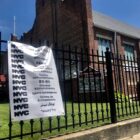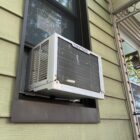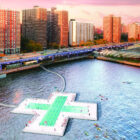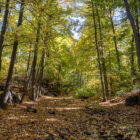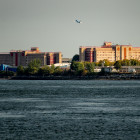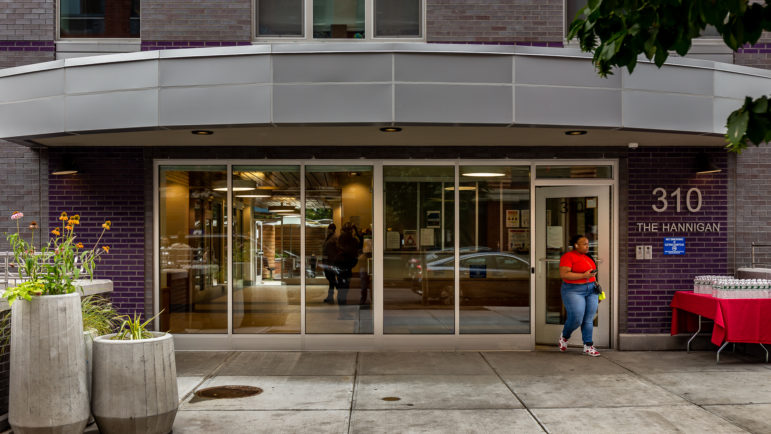CITY VIEWS: OPINIONS and ANALYSIS
Opinion: To Keep Schools Open, NYC Needs Climate-Resilient Buildings
Liat Olenick |
“After Hurricane Sandy, my school closed for a week, while whole school student bodies had to be relocated across the city. More recently, my school’s basement and entire first floor flooded the week before school started due to heavy rains.”


